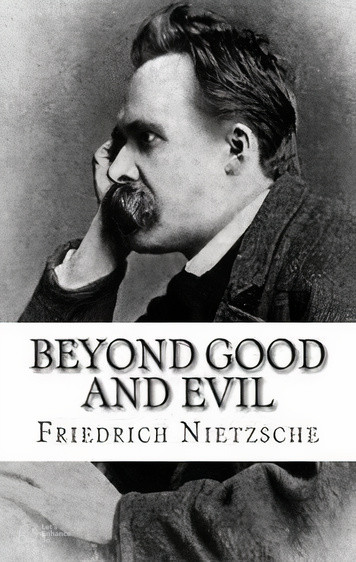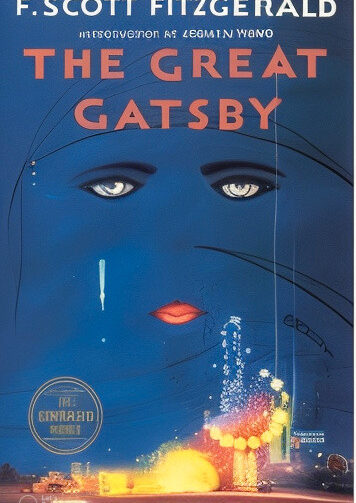Beyond Good and Evil: Prelude to a Philosophy of the Future is a book by philosopher Friedrich Nietzsche, first published in 1886. It draws on and expands the ideas of his previous work, Thus Spoke Zarathustra, but with a more critical and polemical approach. In Beyond Good and Evil, Nietzsche accuses past philosophers of lacking critical sense and blindly accepting dogmatic premises in their consideration of morality. Specifically, he accuses them of founding grand metaphysical systems upon the faith that the good man is the opposite of the evil man, rather than just a different expression of the same basic impulses that find more direct expression in the evil man. The work moves into the realm “beyond good and evil” in the sense of leaving behind the traditional morality which Nietzsche subjects to a destructive critique in favour of what he regards as an affirmative approach that fearlessly confronts the perspectival nature of knowledge and the perilous condition of the modern individual.
Beyond Good and Evil
$4.00
- Publisher โ : โยCreateSpace Independent Publishing Platform (November 6, 2018)
- Language โ : โยEnglish
- Paperback โ : โย232 pages
- ISBN-10 โ : โย9781503250888
- ISBN-13 โ : โย978-1503250888
- Author : Friedrich Nietzsche





Mei (verified owner) –
This translation of Nietzsche’s ‘Jenseits von Gut und Bรถse: Vorspiel einer Philosophie der Zukunft’ was first published in 1886 (the same year as the original German version), and is now in the public domain. This free Kindle edition has 117 pages/2601 locations. This edition is a reprint of the Helen Zimmern translation from German into English of “Beyond Good and Evil,” as published in The Complete Works of Friedrich Nietzsche (1909-1913).
L. S. (verified owner) –
I bought this book as a gift for my little brother because I thought it was a an easy read; (by comparison to other German philosophers) a great base for understanding existentialism.
Ronald K. Byers (verified owner) –
I understand completely why readers dislike Nietzsche, but it is important to recognize this book not as an aberration but almost a prophecy of the changes that were to come about in the world very soon thereafter. Nietzsche methodically reduces a great deal of historical thinking to dust, all the while insisting that his new world requires new thinking and new inventions by which to create great things. In that sense, perhaps he was right but perhaps it is also beyond the capacity of mankind to actually live with such a weight on his shoulders. Still I regard this book as prophetic in its own right, having great influence on the great minds of the 20th century, including the later ontological studies of Heidegger. Heidegger delivered more lectures on Nietzsche than any other person, not necessarily because he was espousing Nietzsche’s point of view, but because, I believe, that he accepted the challenge to discover ontological truths which had heretofore been deficient or lacking.